-
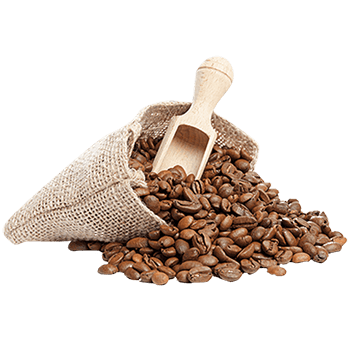
Organic Green / Roasted coffee 83+
ORIGIN
 Jaén, Cajamarca
Jaén, Cajamarca ELEVATION
 1200 -1900 m.a.s.l.
1200 -1900 m.a.s.l. FIELD NOTES
 Berries, citrus fruit, sweet, raw cane
Berries, citrus fruit, sweet, raw cane VARIETY
 Catimor, Pache, Mundo Novo
Catimor, Pache, Mundo Novo HUMIDITY
 12%
12%
SCAA
 83
83 PROCESS
 Washed
Washed
-
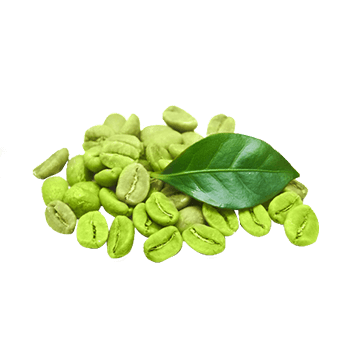
Organic Green / Roasted coffee 86+
ORIGIN
 Jaén, Cajamarca
Jaén, Cajamarca ELEVATION
 1900 m.a.s.l.
1900 m.a.s.l. FIELD NOTES
 Floral, fruits, peach, citrus, passion fruit
Floral, fruits, peach, citrus, passion fruit VARIETY
 Bourbon, Caturra
Bourbon, Caturra HUMIDITY
 12%
12%
SCAA
 86
86 PROCESS
 Washed
Washed
A MAGICAL JOURNEY THROUGH THE PERUVIAN FLAVORS
Discover the treasures of a land blessed by the rich amazonian biodiversity and the ancient wisdom of the Andes.
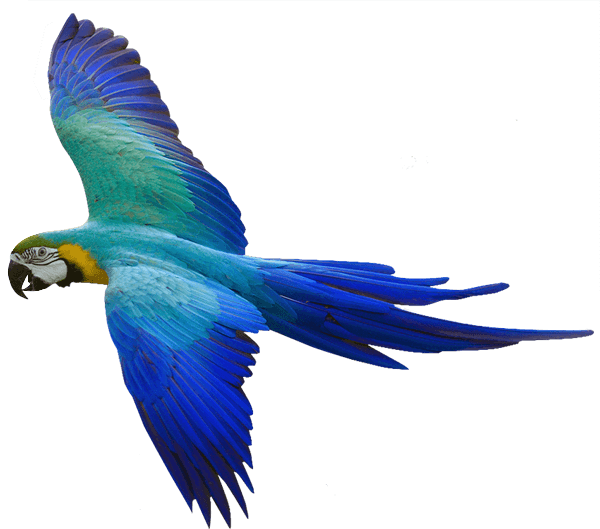
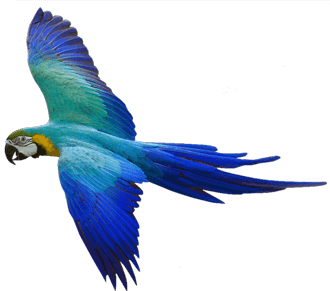
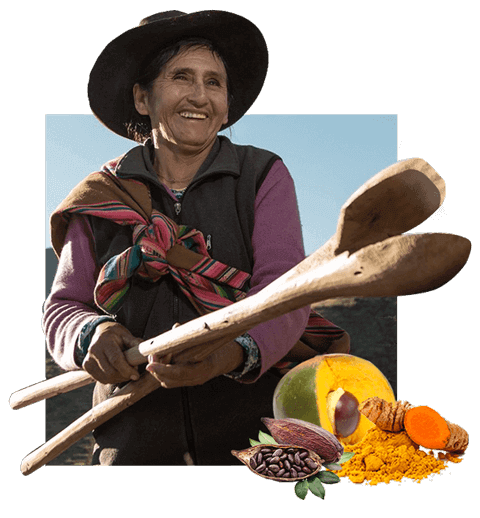
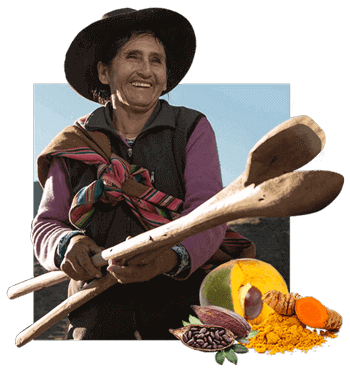


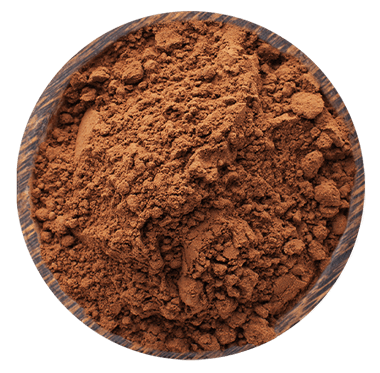
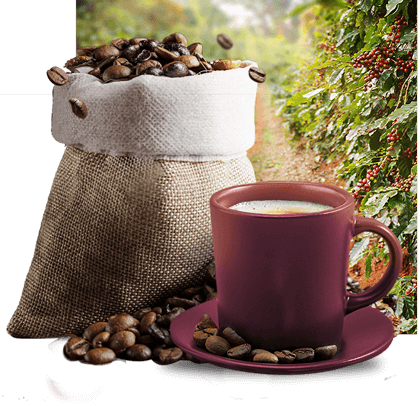
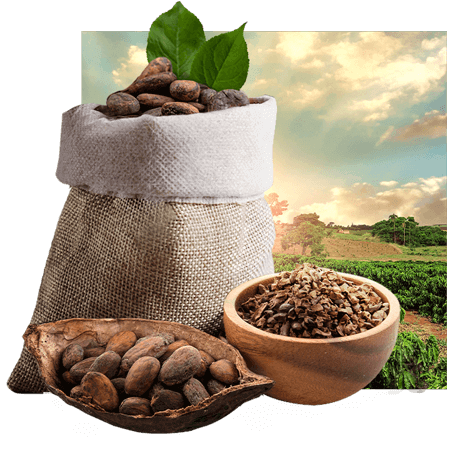

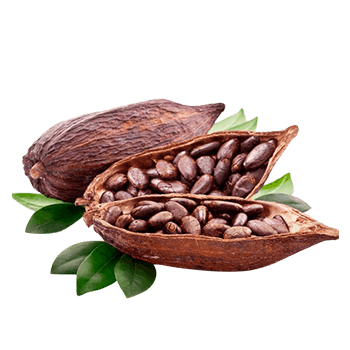
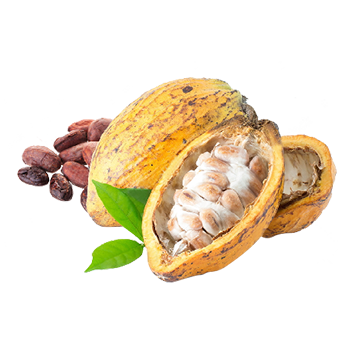
 Mild citrus
Mild citrus  Mild
Mild  Nuts and almonds
Nuts and almonds  Creamy and chocolatey
Creamy and chocolatey

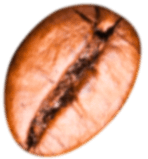


HOW DO WE DO IT?
1. Cultivation
The coffee farmer identifies the elements provided by nature in order to select the area in his parcel where he will seed, taking into consideration the temperature, shading, humidity level and height. Only ripe coffee is harvested.
2. Depulping
Specialty coffees are depulped the same day they are harvested. The external skin and pulp are removed from the fruit, leaving only the bean covered by a husk.
3. Fermentation
The recently depulped beans are left to settle in special tanks for the mucilage to be fermented. The processing time varies according to the temperature (between 12 and 18 hours), until the parchment surrounding the beans acquires a rougher feel.
4. Washing
After fermentation, the beans are washed with potable water until a rough texture is felt when rubbing them. This indicates that the mucilage has been removed.
5. Drying
The coffee beans are sun-dried in the traditional way, and are manually selected to eliminate sticks, stones, defective and chopped beans.
6. Storage
After the beans obtain the adequate humidity during the drying process (12%), they are carefully stored so that they are not exposed to further humidity or strong odors.
7. Roasting
We roast it by hand and with special care, as this process defines the scent and flavor of the coffee.
8. Tasting
It is performed at different stages throughout the process; the objective is to analyze its quality and flavor.
1. Maturation
The maturity of the fruit is indicated by a change in color on the outer part of the corncob, which depends on the variety of the cacao. In addition, it is possible to recognize the degree of maturity by the sound the fruit produces when it is tapped by the fingers.
2. Harvesting
It is done manually since the corncobs do not mature at the same time. Great care must be taken not to damage the plant's floral cushion when extracting the fruit in order to ensure future reflowering.
3. Separation
The grains are classified by pulp quantity and ripeness.
4. Fermentation
The sugar contained in the pulp that surrounds the bean (mucilage) is transformed into alcohol by the yeast, and this is then turned into acetic acid by the bacterial activity. Fermentation is mostly done in wooden sacks or crates, and lasts from 3 to 7 days.
5. Drying
This process consists on reducing the moistness of the beans from 55% to about 7%. The process is normally sun-dried and lasts between 5 to 7 days.